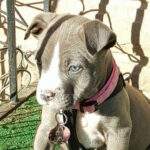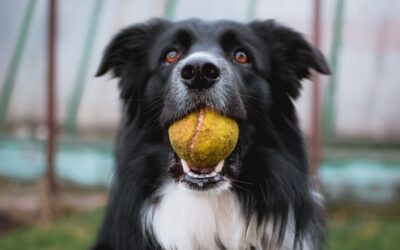
State of the Art Veterinary CareRocky GorgeAnimal Hospital
Rocky Gorge Animal Hospital has been proudly serving the Laurel area for more than 70 years. Whether providing the best care for our patients, supporting local animal rescue groups, or participating in community events, our hospital is dedicated to the Laurel community.
If you’re new to the community or simply new to Rocky Gorge, we look forward to meeting you and your beloved companion!
- Emergency Room is open 24/7/365
- Boarding, doggy day care and grooming services
- Pet Gift Shop - click here to tour
- Wide range of veterinary services
50,000+
Clients
15+
Veterinarians
71 +
Years of Service
24
Hours a Day
Feedback From OthersWhat Our Clients Say
The Rocky ReporterLatest News & Articles
Resort Testimonial Competition
The Rocky Gorge Resort & Spa is offering a $25 credit for our services, and we’re inviting you to enter a competition for your chance to win! We’re asking our clients to provide us with a testimonial for our Doggy Day Care and/or Lodging for cats and dogs....
Come Paw’ty With Us!
At the Resort at Rocky Gorge Animal Hospital, we love celebrating any occasion with your dogs. You may want to celebrate their birthday, “gotcha day” or just a fun day with their friends. Whatever the reason, the resort team at Rocky Gorge is happy to celebrate with...
Board Your Pet with Confidence at Rocky Gorge
Are you looking for a safe and comfortable place to board your furry friend while you’re away? Look no further than the Rocky Gorge Resort! Our facility offers a wide range of amenities and services to ensure that your pet’s stay is enjoyable, stress-free, and fun....





